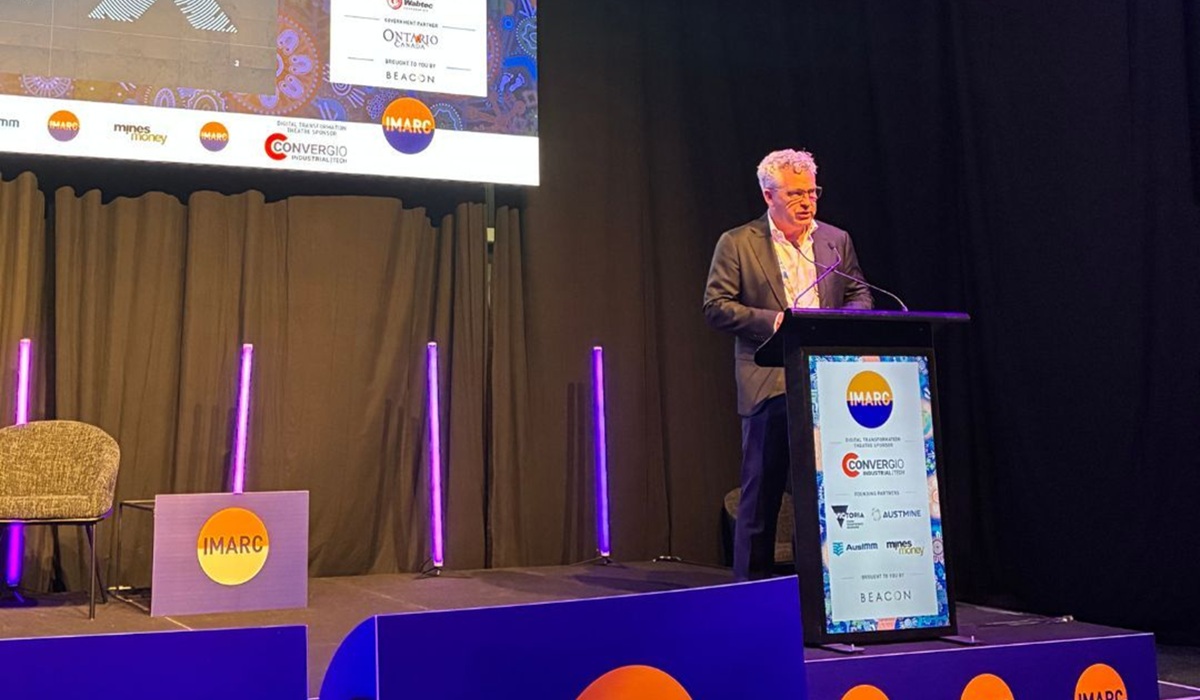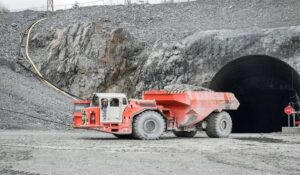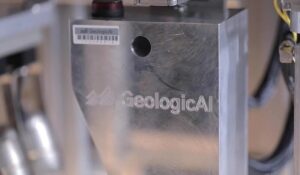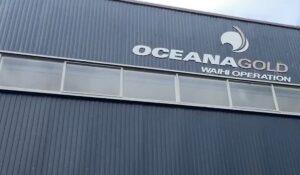The CEO of rising global mining technology leader IMDEX says a shift from volume-based to intelligence-based productivity can be a major value driver for the industry in future.
Paul House said in a keynote IMARC 2025 address that future depended on moving knowledge and not just rock.
“Our industry is under pressure,” he said.
“Operating costs are rising … yet productivity gains are harder to unlock. Meanwhile, demand for critical minerals is accelerating.
“How do we deliver more – faster, more efficiently and with greater impact – without compromising margins or sustainability?
“We [IMDEX] think about this challenge as a systems problem not just an operational one.
“Productivity isn’t only tonnes per shift; it’s the flow of trusted information that connects geoscience, engineering, and management.
“If we can shorten the distance between measurement and decision, we change the economics of mining itself.”
Australian Securities Exchange-listed IMDEX’s market value has doubled in the past two years, to circa-A$1.8 billion, on the back of acquisition-led growth in its mining technology activities. Long-term connections with more than 500 resource companies and over 150 drilling contractors give the Western Australia-based company a global operational and sales footprint.
“Our people on the ground talk daily with customers and stakeholders and the same themes emerge everywhere: labour shortages in key regions, escalating input costs and orebodies that are deeper, more complex and harder to access,” House said.
“The traditional response – more drilling, more equipment – no longer delivers the returns it once did.
“What’s needed now is a shift from volume-based productivity to intelligence-based productivity.
“That shift also changes how we think about time. In mining, information gathered early in the value chain behaves like a financial option: it gives you the right, but not the obligation, to make smarter decisions later. By front-loading key data acquisition – rock properties, structure, chemistry – you effectively purchase a call option on knowledge.
“If conditions change, that same data acts as a put option, protecting against downside risk.
“Better early information widens your future choices. Poor or late data narrows them. The companies that learn to treat data this way will redefine what productivity really means.”
IMDEX has acquired international and Australian “orebody knowledge” firms – software, sensors and platforms – and organically conceived equipment such as its BLASTDOG data acquisition unit to build a significant presence in mining’s so-called global digital transformation.
House said five years ago, digital meant automation and standalone tools that weren’t connected.
“Today, it’s about interoperable platforms – systems that link hardware, software and data across the mining value chain,” he said.
“Mining is still early in this transformation but the pace is accelerating.
“But digital transformation in mining isn’t just about apps or dashboards; it’s about decision latency.
“Every minute between sensing, understanding and acting costs money. Our mission is to collapse that latency – from drill bit to boardroom.
“The winners will be those who treat data as a strategic asset not a by-product.”
House said integration of advanced physical and digital tools was how IMDEX monetised “the front-loading effect”.
“Our goal is to turn what was once a sunk cost – sampling, logging, assay – into a strategic asset that compounds in value over the life of the orebody,” he said.
“By treating early data as an investment in optionality, we help clients move from reactive decision-making to proactive value creation – a hedge against increasing costs and declining productivity.
“That’s how we deliver orebody knowledge in real dollars, [by] connecting data quality directly to financial performance.”
House said digital transformation in mining would accelerate around clear ROI, seamless integration of technology into existing workflows and a “culture ready for change”.
“Leading regions – Australia, North America, Scandinavia, Chile – are already moving,” he said.
“What excites us is that this transformation scales both ways, across continents and down into the rock itself.
“Whether it’s a junior explorer or a major producer, the ability to see, decide and act faster will define the next decade.
“Those who turn geological complexity into digital clarity will win.
“The challenges are real: cost, complexity, and stakeholder expectations. But the opportunity is greater.
“The future of mining isn’t about doing more it’s about doing it smarter.”








